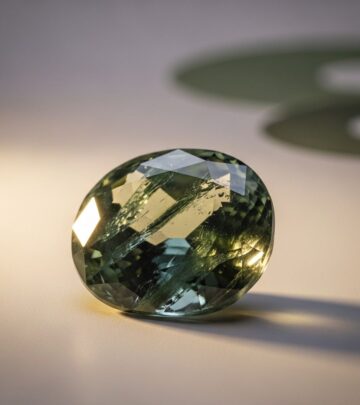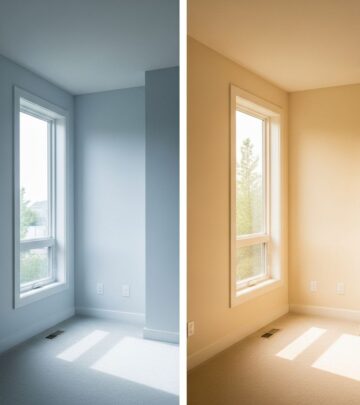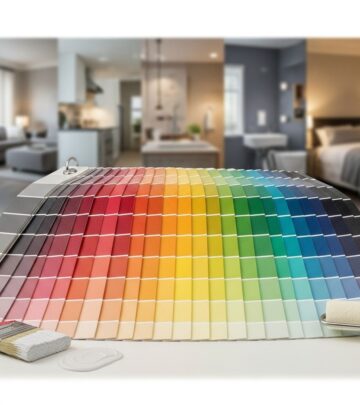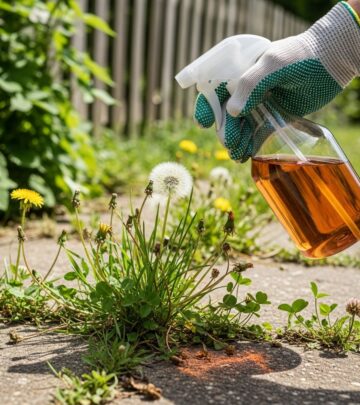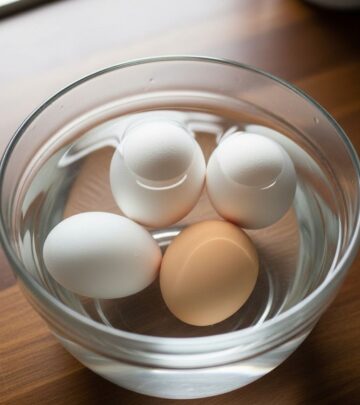How to Clean Marble: Expert Tips for Safe, Spotless Surfaces
Delicate stone demands gentle care to preserve its natural luster and prevent damage.
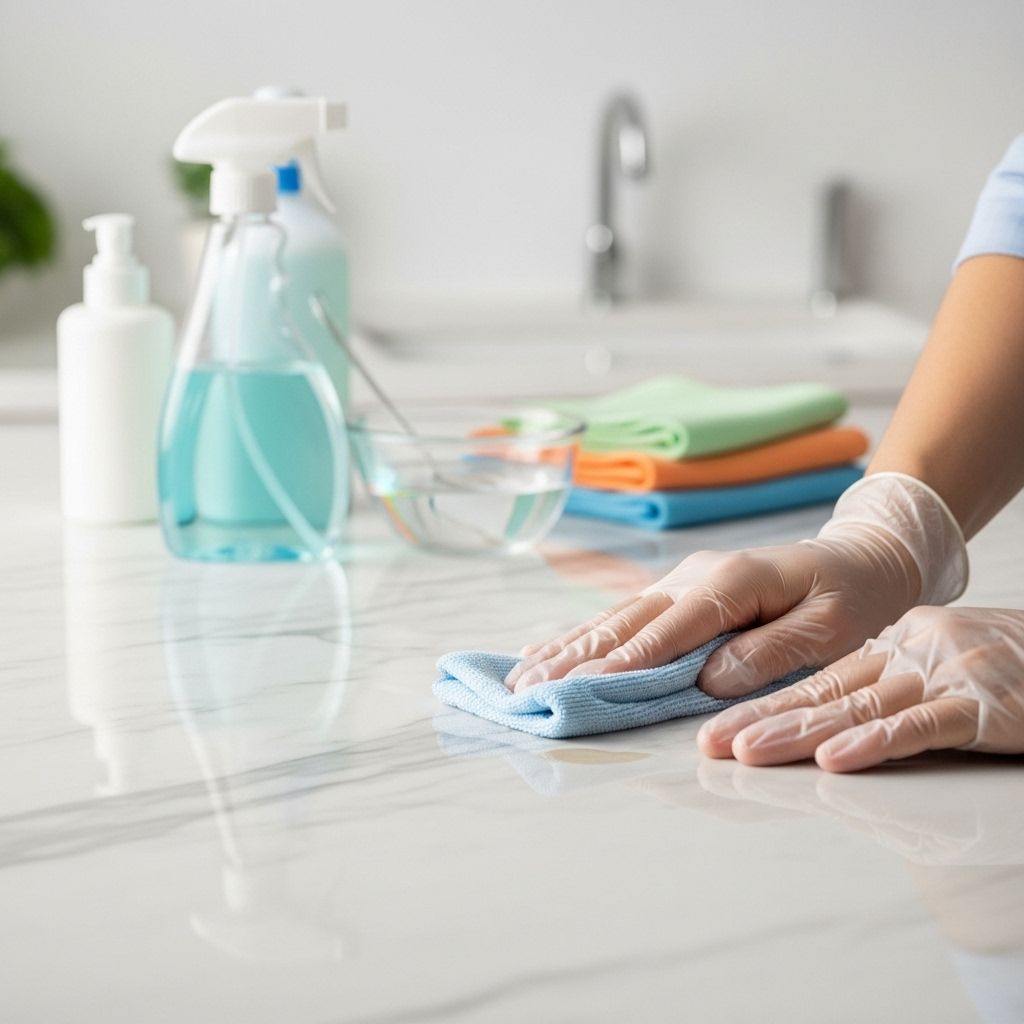
How to Clean Marble: Safe Practices for Elegant Surfaces
Marble offers timeless sophistication in kitchens, bathrooms, and flooring, but its porous nature and delicate surface demand proper maintenance. This comprehensive guide explores safe cleaning methods, the best products for marble, effective stain removal, and essential dos and don’ts to keep your surfaces gleaming for years.
Why Marble Needs Special Care
While marble is a resilient natural stone, it’s surprisingly vulnerable to etching, staining, and dulling from acid, harsh chemicals, and excessive moisture. Daily attention and the right techniques will help preserve its original beauty and prevent costly restoration.
Table of Contents
- Types of Marble Surfaces
- Essential Cleaning Supplies
- Daily & Routine Cleaning
- Dealing With Stubborn Stains
- Deep Cleaning Techniques
- Cleaning Marble Floors
- Marble in Bathrooms & Showers
- Kitchen Countertops: Maintaining Food Prep Areas
- Preventive Care & Best Practices
- Recommended Cleaners & Products
- Frequently Asked Questions
Types of Marble Surfaces
Understanding your marble’s finish is key to choosing the right care:
- Honed Marble: Features a soft, satin finish with reduced reflectivity. More resistant to scratches, but more susceptible to stains.
- Polished Marble: Has a glossy, mirror-like surface that repels stains but reveals scratches and etches easily.
Both types benefit from sealing and require gentle, non-acidic cleaners.
Essential Cleaning Supplies
| Item | Benefit |
|---|---|
| Microfiber Cloths | Soft, absorbent, protect finish |
| Mild Dish Soap | Gentle cleaning, won’t etch stone |
| Warm Water | Lifts grime, safe for stone |
| pH-Neutral Marble Cleaner | Specialized for marble, avoids damage |
| Soft Mop (for floors) | Prevents scratches, even coverage |
| Baking Soda, Cornstarch | For safe stain removal |
| Optional: Polishing Cream | Spot-treating polished finishes |
Daily & Routine Cleaning
- Wipe Spills Immediately: Marble absorbs liquids rapidly, so address spills at once to prevent etching or staining, especially with acidic foods like citrus, tomato sauce, or wine.
- Use Clean, Damp Cloths: Microfiber is optimal for trapping dust without scratching.
- Avoid Household Cleaners: Most traditional cleaners contain acid or abrasives that can ‘burn’ or dull the surface.
- Employ Mild Soap Solution: Mix a few drops of mild dish soap with warm water. Dampen your cloth or mop, not soak it, and wipe the surface gently.
- Rinse and Dry: Always rinse with clean water and dry thoroughly using a soft towel to prevent water marks.
Routine cleaning preserves shine and prevents buildup of grime or soap scum.
Sample Routine Cleaning Steps for Countertops & Vanity Tops
- Mix mild dish soap with warm water.
- Dampen a microfiber cloth, wring out excess water.
- Wipe surface gently, paying attention to corners and edges.
- Rinse with clean water to remove any detergent residue.
- Dry thoroughly with a separate towel to avoid water stains.
Dealing With Stubborn Stains
Marble can stain easily from oils, acids, and colored liquids. Address stains promptly with specially formulated methods for each type:
| Stain Type | Removal Method |
|---|---|
| Water Stains | Buff gently with a dry microfiber cloth; use pH-neutral marble cleaner if needed. |
| Oil-Based Stains | Soak up with paper towel, cover with cornstarch or baking soda to draw out oil overnight, then wipe clean. |
| Organic Stains (Coffee, Wine) | Apply poultice paste (baking soda + water), cover with plastic wrap; leave for 24 hours, then clean residue. |
| Pet Stains | Clean immediately with mild soap and water; avoid ammonia products. |
- Always test any solution on a small, inconspicuous area before treating bigger stains.
- Use marble-specific spot cleaners for persistent discoloration.
Deep Cleaning Techniques
Even with regular care, deep cleaning is periodically needed in high-traffic areas:
- Vacuum surfaces with a soft roller or robot vacuum to remove loose debris.
- Damp-mop with diluted pH-neutral marble cleaner; avoid over-saturating the stone to prevent water damage.
- Dry thoroughly using towels or increased airflow (fans, dehumidifiers) to avoid mildew or water spots.
Tip: For especially soiled surfaces, use a wet/dry vacuum designed for hard floors, adjusting water flow to protect the marble.
Cleaning Marble Floors
Marble flooring adds luxury but is prone to tracked-in dirt, spills, and grout grime. For chemical-free cleaning:
- Mix mild dish soap with warm water in a bucket.
- Mop with a soft microfiber mop dampened (not soaked) in the solution.
- For deeper cleaning, mop with a mixture of baking soda and dishwashing liquid, then follow up by mopping again with clean water.
- Dry floors immediately with a towel to prevent streaks or water spots.
Grout Cleaning
- Scrub grout lines gently with a soft toothbrush and a paste of baking soda and water.
- Let paste sit 5-10 minutes before rinsing and drying the area.
Marble in Bathrooms & Showers
Shower floors and bathroom vanities face constant moisture and require vigilant care:
- Clean using a non-slip mop or brush with a pH-neutral cleaner.
- Rinse thoroughly and dry after each use to avoid soap scum, mildew, and mineral buildup.
- Maintain ventilation with fans or dehumidifiers to minimize humidity-related damage.
Kitchen Countertops: Maintaining Food Prep Areas
Marble countertops are stunning but vulnerable to scratches, heat, and stains during meal prep. Protect and maintain them with these practices:
- Always use cutting boards and coasters.
- Wipe up acidic foods (citrus, vinegar, tomatoes) immediately upon contact.
- Seal countertops with a purpose-made stone sealant every few years. If water no longer beads on the surface, it’s time to reseal.
For tough stains, use marble polishing cream sparingly and consult professional restorers for serious etching or damage.
Preventive Care & Best Practices
- Never use vinegar, lemon, ammonia, or other acidic/abrasive cleaners—these can irreparably etch marble.
- Prevent moisture damage by keeping all marble surfaces dry and using mats or rugs near sinks and showers.
- Clean spills immediately, especially colored liquids or oils.
- Avoid dragging heavy objects across marble floors or countertops to prevent scratches and gouges.
- Seal marble regularly to reduce porosity and add extra protection.
Recommended Cleaners & Products
- pH-Neutral Marble Cleaners: Look for products labeled “safe for marble,” “pH-neutral,” and “no acids or ammonia.” Specialized formulas are ideal for regular maintenance and spot cleaning.
- Eco-Friendly Options: Natural cleaning products are safer for households with kids or pets. Always check compatibility with marble.
Modern robot mops and vacuums designed for hard floors can automate gentle cleaning and avoid over-wetting, keeping marble floors spotless with less effort.
Frequently Asked Questions (FAQs)
Q: Can I use vinegar or lemon juice to clean marble?
A: No. Acidic substances like vinegar or lemon juice will etch and damage marble surfaces, leaving dull spots and irreparable marks.
Q: How often should marble be sealed?
A: Professional sealing is typically required every 1–3 years, depending on use and product. Reseal when water no longer beads on the surface.
Q: What’s the safest everyday cleaner for marble?
A: Use a mix of mild dish soap and warm water or a pH-neutral marble cleaner for daily maintenance.
Q: How do I remove wine or coffee stains?
A: Create a paste with baking soda and water as a poultice. Cover with plastic wrap and leave for 24 hours before wiping away residue.
Q: Should I polish marble myself or hire a professional?
A: DIY polishing creams may help minor issues. For deep scratches, etching, or dullness, consult a marble restoration expert to avoid further damage.
Summary: Keep Marble Beautiful
- Treat marble as a delicate surface. Clean gently and respond quickly to spills.
- Use only approved cleaning products and methods tailored to marble’s needs.
- Regular sealing, drying, and preventive care ensure lasting elegance and shine.
With proper maintenance, your marble surfaces will retain their beauty for generations—serving as a proud focal point in your home’s design.
References
- https://www.dreametech.com/blogs/blog/how-to-clean-marble-floors
- https://www.borngood.in/blogs/the-good-blog/tips-for-cleaning-marble-floors
- https://www.bhg.com.au/lifestyle/cleaning/how-to-clean-marble/
- https://marble.com/articles/how-to-clean-marble-countertops-in-the-bathroom
- https://marblelife.com/posts/why-should-you-think-twice-before-diy-cleaning-marble-granite
- https://kaivac.com/clean-academy/marble-floor-cleaning-how-to-get-better-results-in-less-time
- https://www.angi.com/articles/how-to-clean-marble.htm
Read full bio of Sneha Tete

